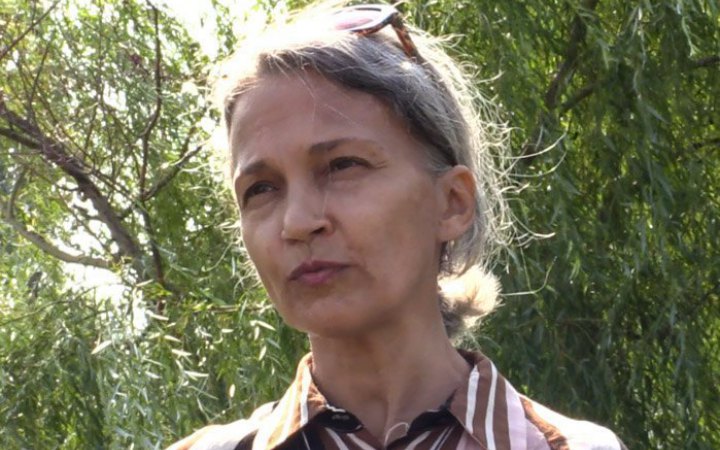Natalia Gayetska, head of the "Mariupol Sortuye" [Mariupol Sorts out Waste] initiative, activist of the Zero Waste Alliance Ukraine platform:
The shelling was almost constant, and the further, the more intense. We, as ordinary people, do not understand the difference between airplanes and drones. But we already knew that if something was flying, we would hear bombs or missiles after. They were falling all over the city, and we understood that the shelling was getting closer. There was a hit in the next house, but not a bomb because if the bombs fall, there is no chance to survive.
One day there was relative silence when Putin "negotiated" with our President. I don't remember what the date was. We were cooking outside. It was the only day when they did not fire upon us. We just cooked, did not run to the basement, did not bend over. If there was a short break between shellings at night, this silence was so unusual that it was uncomfortable. The silence was even more disturbing because we understood that silence was a preparation for the next stage.
Sirens no longer made sense. The intensity of the shelling was such that the services simply did not have time to report them. Notifications didn't make sense because they would have to notify people constantly.
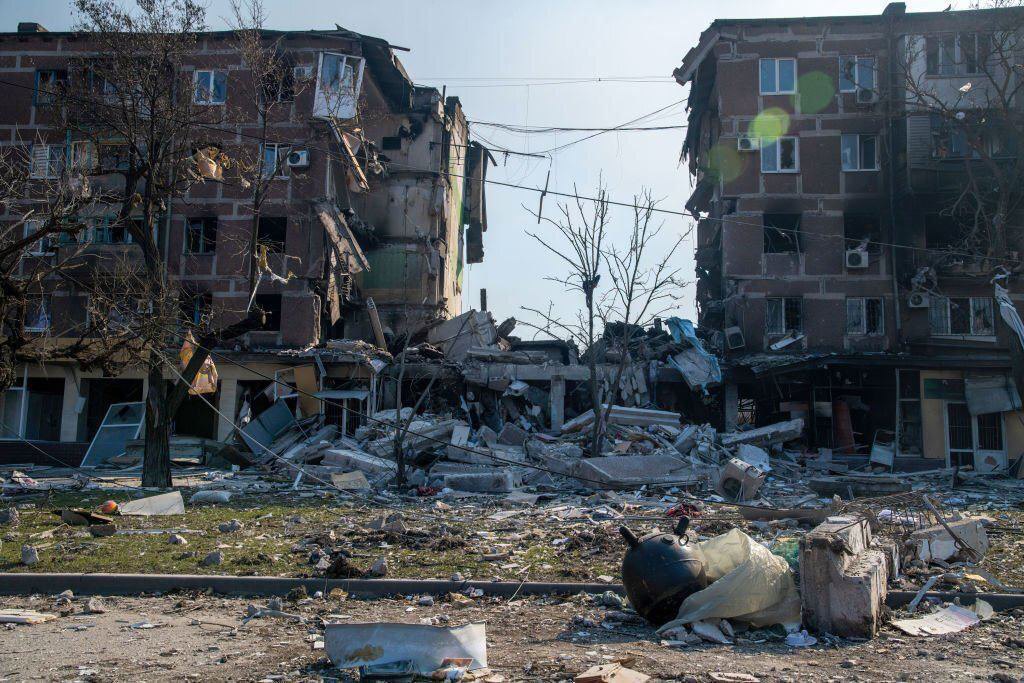
We ate what was left in the apartments from the beginning of the war. My parents and I moved from the Eastern district, which was the first to be shelled. It was the first to lose all the benefits of civilization. I miraculously found a taxi driver who was reckless enough to agree to come and take us out. We loaded my four dogs, my elderly mother into the car. My father was in the hospital after the operation at that time. This taxi driver also picked up my father, and we managed to go to another district. I received a call from my colleague, who had gone on holiday with her husband before the war and could not return. She said, "Go to my apartment." In other situations, we wouldn't have gotten out because it was unrealistic to get out of the Eastern district with such a load.
We cooked food on the fire. On 2 March, we were told, "The gas is cut off, it will no longer be there, so look for firewood." I used to go and collect brushwood every day, and the men from our building carried something heavier, such as pallets, furniture, anything that could burn. Even furniture that was made of chipboard, that is, it is undesirable to smoke, was still used. When I went to look for a mobile connection, I saw that the whole city was cooking outside under their houses' entrances.
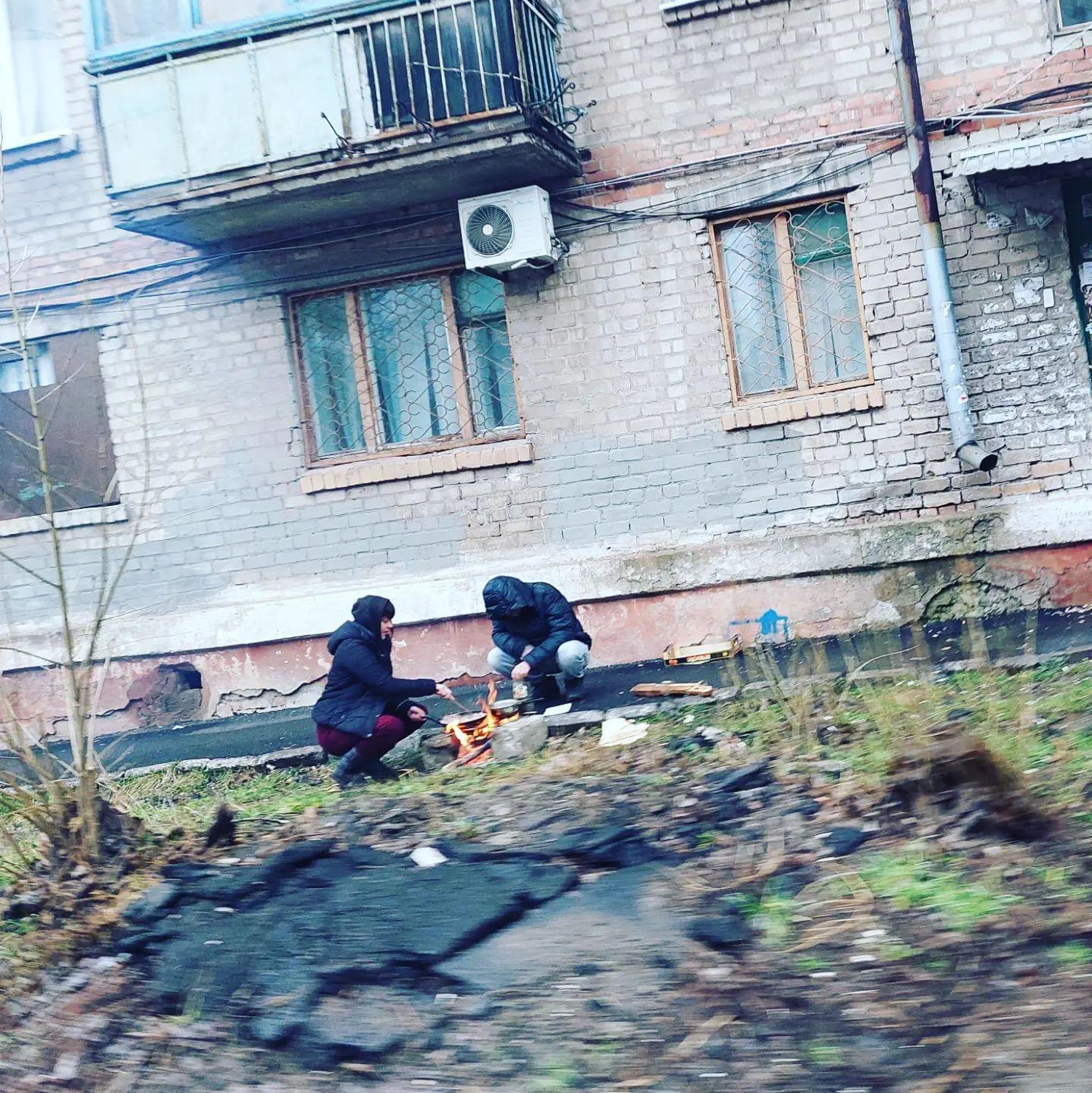
We were thinking about leaving every day. But we are such law-abiding citizens who had been waiting for an official announcement. In Mariupol, I approached the police, who were still standing there at the time, and asked about the [green] corridor. They told me, "As soon as they give the corridor, we will announce it all over the city." I asked, "How? If I'm sitting in the basement, how can I hear that?" The answer was, "We will drive through all the city streets and announce." Unfortunately, this never happened, no one reported anything. Mariupol has no connection, no electricity, no mobile connection, unquestionably no Internet.
So we just guessed we had to go. Circumstances themselves pushed us because these bombs fell almost on our heads. If a bomb fell somewhere far away, my glass was shaking, all the drawers on the table were pulled out, and the door opened. So, we imagined that if it fell close, it didn't matter if you were in the basement or inside the apartment, it would kill anyway. It pushed us out, but we didn't know how to leave. We were getting information in all possible ways.
For example, some people went for some food. Or someone worked in some service. For instance, we had a familiar utility company worker, although few utility companies worked at all. This acquaintance came and told us some news. The news could be found out by someone who had a gasoline generator. When you connect to it, you can charge your phone, call somewhere (the Internet was not available at all). And so they got some information. Still, these people did not know whether there was a corridor or not.
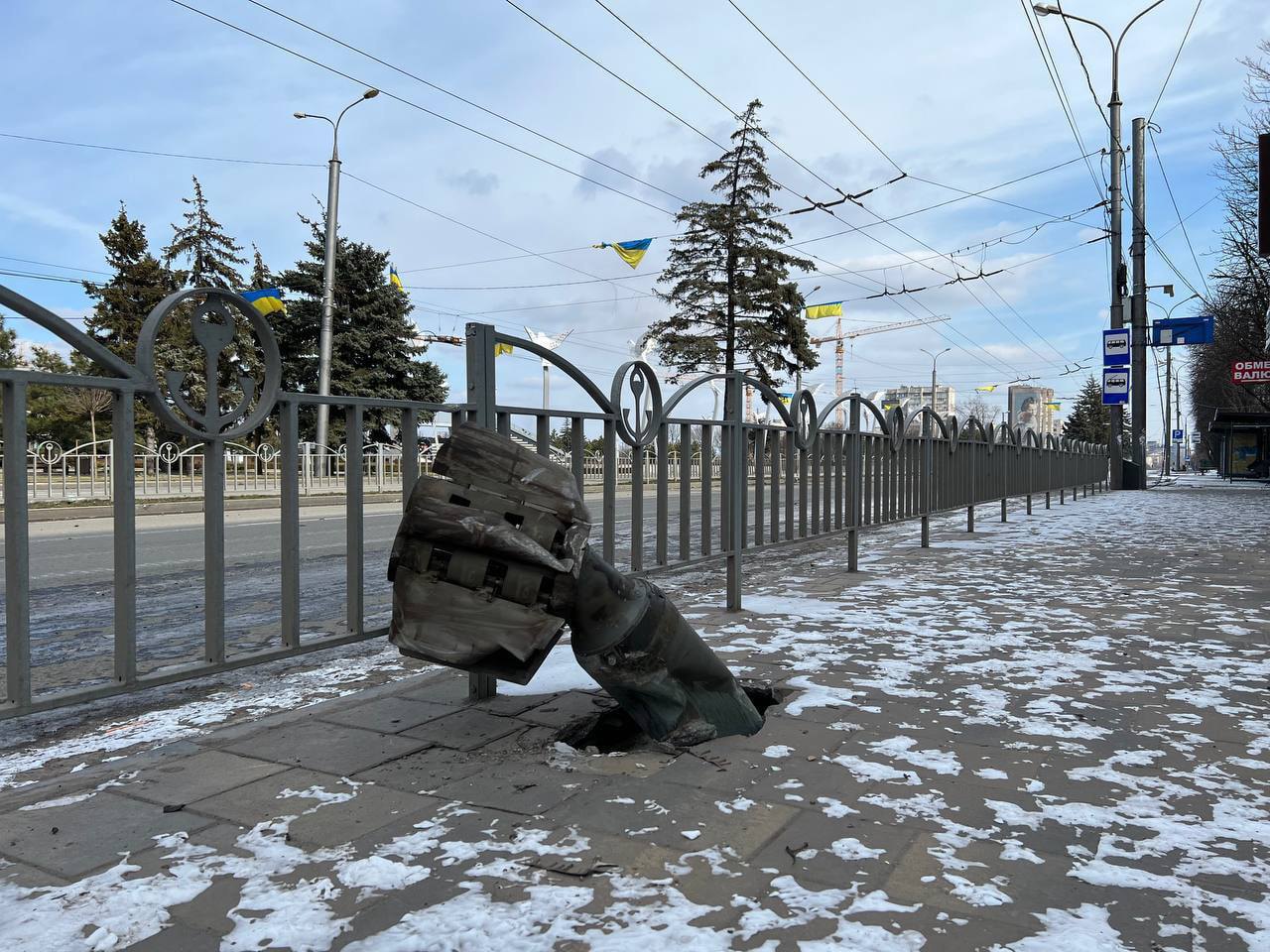
We were waiting for the notification and then just felt the need to leave. We just saw that more and more cars were driving on the streets, and we realized: either these cars know something, or they are driving at their own risk. And we decided to leave as well. But how to leave? I don't have a car, and you're just doomed without a car. Maybe they would let the buses to the city now, I don't know, but it is almost impossible to get out of Mariupol without a car. We were lucky, and we found two cars that agreed to take me, four of my dogs, and elderly parents.
We left Mariupol late on 17 March. We moved towards Zaporizhzhya through Berdyansk. We moved in a column, like everyone else, because it was dangerous to go separately from others. We moved quickly, but then on our way, there were constant Russian checkpoints, long queues in front of them, and we stood there for a long time.
We were warned that the road would be long, but we had no idea how long it would be. But the problem is not that it was long, but that you may run out of fuel on the road, and there was nowhere to get it. We didn't understand in time that you have to turn off the car when you stop. But even if you turn it off, in 5 minutes, you still have to pull. In this way, gasoline burns very quickly. So there was a danger that you would run out of gas in the middle of the road, and the gas stations were completely empty all the way to Zaporizhzhya. We were advised to get out of the car with an empty bottle, and people would guess that you needed gasoline. Maybe someone would share.
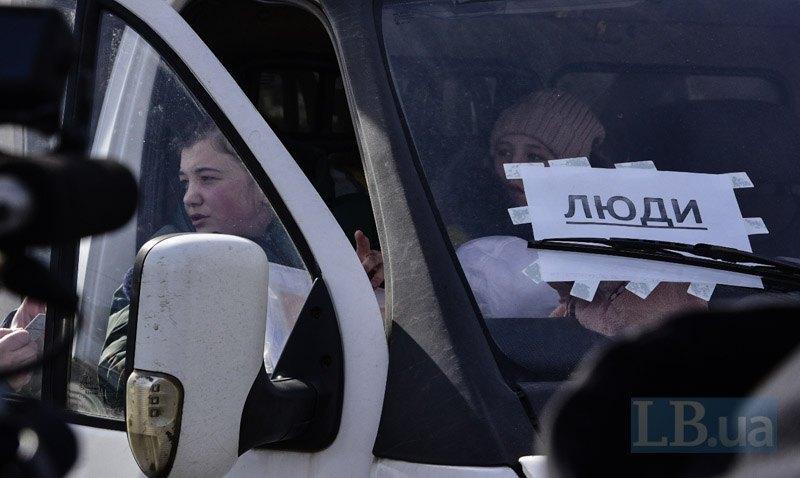
When it got dark, and nothing could be seen, we picked the wrong way for a bit. The Kadyrovites stopped us at the checkpoint because it was already a curfew. What was to be done? Stand in the middle of the road? Many people were standing, spending the night in cars, it was very cold, it was freezing, and heating in the car was not an option, because the fuel was for moving the car. We were looking for a place to spend the night. Yet on the way all the gadgets are discharged very quickly. They are constantly looking for a connection and are discharged. We searched and turned off, searched and turned off.
As a result, my colleague in Lviv was also searching options for us on the Internet and mobile communications and later said, "Go to a village a few kilometers away. The mayor said he would accept you. Their curfew begins later." We turned, drove to the village. The head sheltered us in the emergency room on chairs and tables. We had a bottle in the car. It turned to ice overnight and then did not melt in Zaporizhzhya.
I would tell the world that you are afraid of the Third World War, which has already begun because Ukraine is the heart of Europe. The heart of Europe is now being torn to pieces. The world looks and says, "We sympathize with you." It is very good that you sympathize with us, but we just need to be torn out of this Russian world, because when it crushes us, it will come for you. And if Ukraine is given to them, they will trample everything that follows Ukraine and say that it is not enough. It is always not enough for the Russian world. They must be stopped unhesitatingly.

This is not my first time as a migrant. I was a migrant for the first time in 2015, I moved from Avdiivka to Western Ukraine, but then I returned to Mariupol because it was quiet there. And because my parents lived there and they did not want to move. And we hoped that such horror would not happen.
My parents respected Russia all their lives because my mother was born in Russia. Our retirees have always been more open to Russian propaganda. At the age of 84, my parents completely changed their worldview because they saw everything. My father survived the Holodomor. Sparrows, crows, spikelets - he experienced all that as a little boy. I was afraid that he would survive the Holodomor again at the end of his life. This is a genocide that has not occurred since World War II.
I understand that some countries do not want to quarrel with Russia. Believe me, you have already quarreled. Because they bring to life all the delusions they tell about, and they do even what they don't tell about. Just save us now because you will not save yourself from them later.
Anastasia Hrechkina, 22, project manager of the TU! Platform:
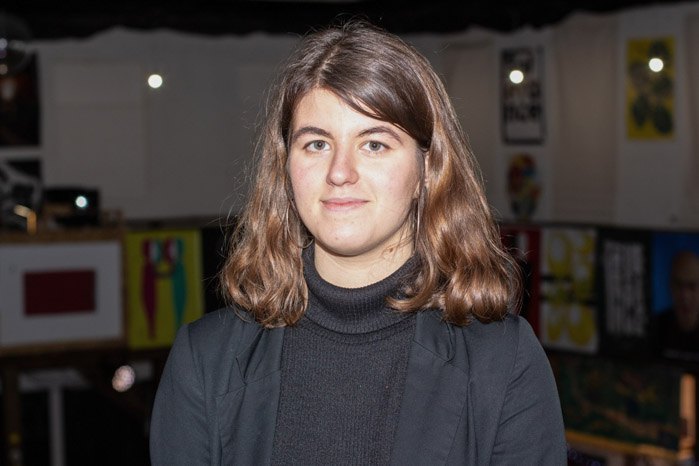
We hitchhiked to get out of town because we had no other way out. There were no buses or any other organized evacuation, nothing. We did not know at all whether we would be able to leave the city. We acted simply out of an extreme desire to survive. When one man offered to take us to his car, we didn't even ask where he was going, and it didn't matter. The only important thing was to get out of hell.
The hardest days were before leaving. Day by day it was getting worse. There was no electricity, no heating, no gas, no Internet, no mobile network, and no water. Shops were looted and burned down. There was nowhere to find food. We tried to divide the products we had at the beginning of the war for as many days as possible. At the beginning of the war, our area was relatively quiet, the Russians began to bombard it one of the last. But the last three days were just awful. We couldn't even go outside to cook on the fire, let alone go to the water well two kilometers away. Although we were still lucky that this well was so close, many people had to go to it from afar. Several times the explosions were very close, we shouted at each other "lie down!", covering our heads from missiles. When the shelling and bombing stopped for an hour or two, we could sleep, but every night we woke up to the sound of approaching planes or explosions, and in the morning, we saw that one of the neighboring houses was destroyed. We could only hope that our apartment would not be the next.
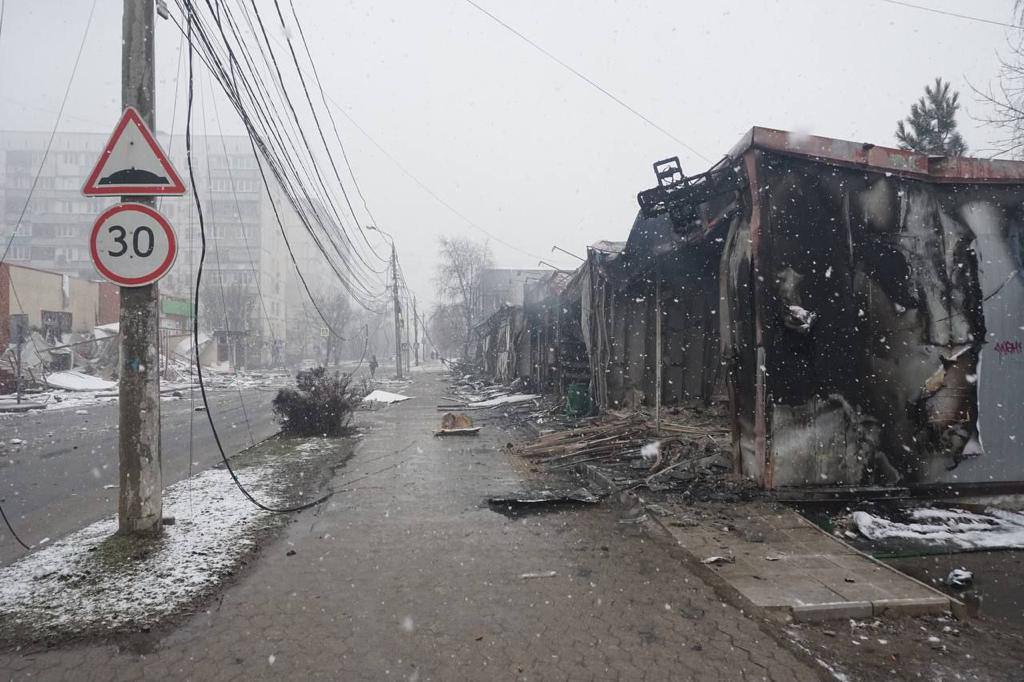
We had no shelter nearby, and we hid in my mother's apartment on the first floor of a five-story building. It was the only place to hide, we were there all the time, although it was dangerous there. We closed the window in the room and put other furniture in front of the bed to protect us from shrapnel. But when the explosions outside were already too loud, we all sat together in the corridor, because there are no windows and it's at least a little safer.
From what I know, it was more or less safe to leave the city by train only in the first days of the war. My family and I hoped that all this would end soon, we did not expect that Mariupol would be destroyed, so we did not take that train. In those first days, we still had the Internet, electricity, water, and shops working, so it didn't seem awful. Later, when communications went down, the Internet was gone, and the situation was getting worse. We didn't know if we could leave the town. There were no more trains, no buses, and no cars. We were just waiting, hoping for an evacuation, but it never happened. People did not go because they did not know whether they would not be killed by bombs on the way or killed by the Russians. We stayed until the risk of dying on the spot was equal to the risk of dying on the road.
There was no mobile network. It was dangerous to go outside, so we could not know who of our friends and relatives were staying in the city and who had left. Now I know that some of them are still there, and there is no connection with them. I can only hope that they are alive, although the situation is even worse now than it was. I think about them every day, I try to find their names in the lists of evacuees, but I can't find them.
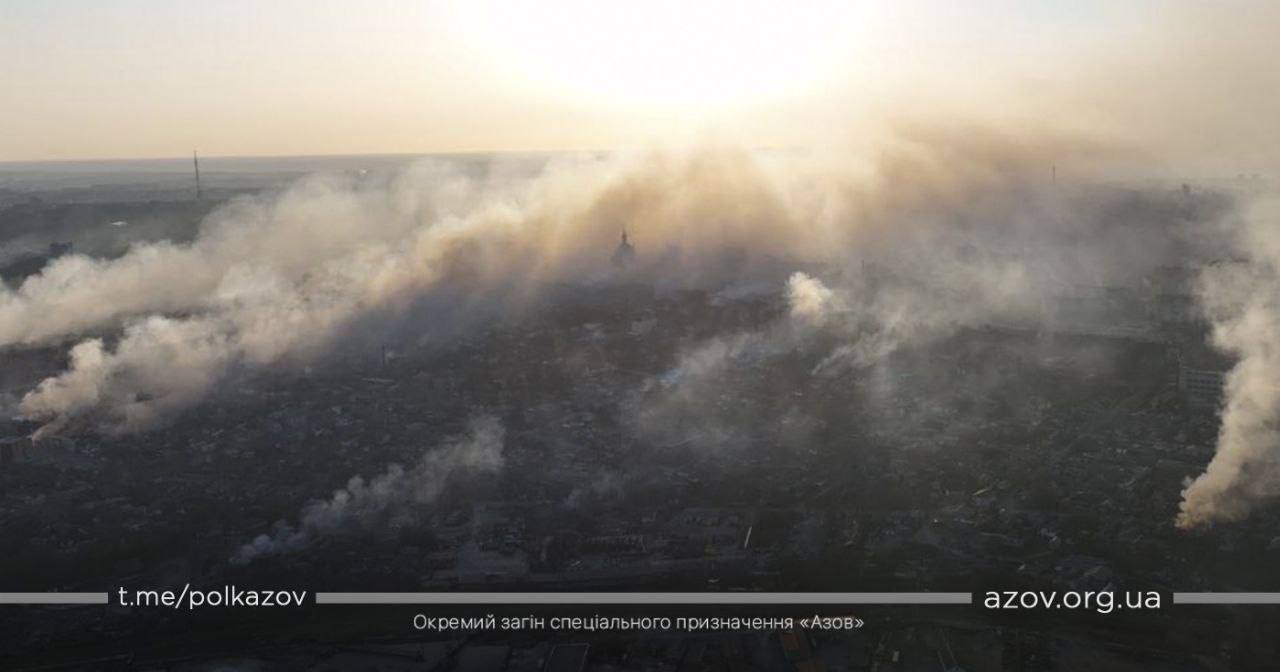
The most horrible thing I've experienced these days is the sound of planes. You have nowhere to run, nowhere to hide. The bomb destroys the entire building at once. And when I heard that sound, I felt small and helpless, in utter despair. I truly want NATO to protect Ukraine from this, I do not want anyone else to experience what we have experienced. I think that every country should make every effort to help Ukraine survive. Now our country is the shield of Europe, and if no one protects us from Russia now, all this will spread further. Itrulyy don't want that to happen.
Prepared in collaboration with Christophe Guno.








